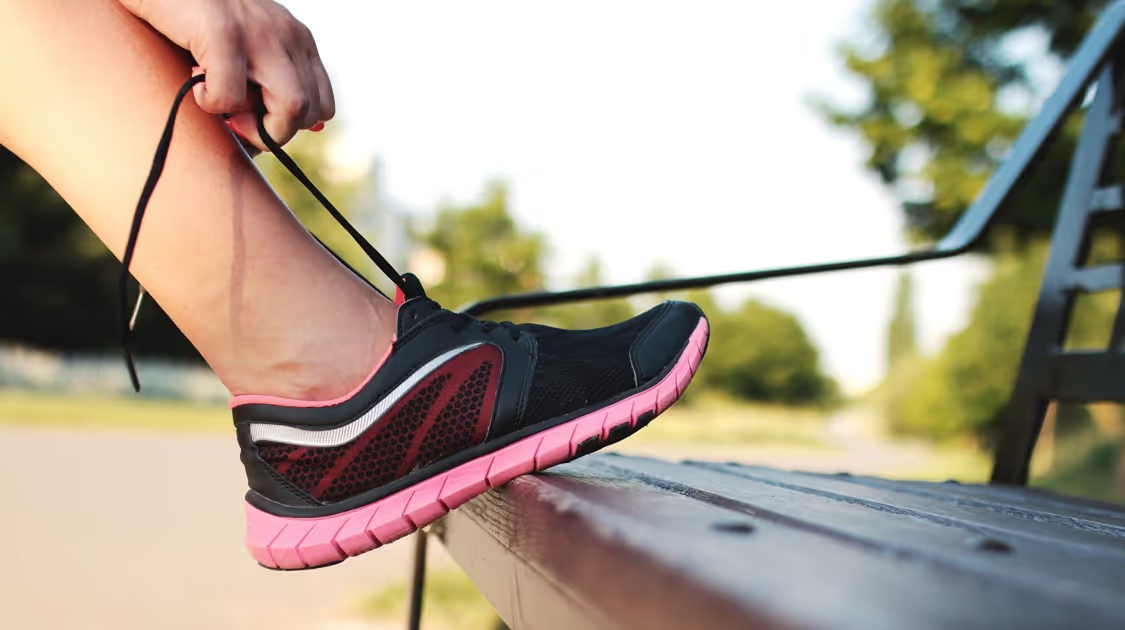Keto Diet

Diet Behaviors
Exercise Behaviors
Lifestyle Behaviors
What is the Keto Diet?
The keto or LCHF diet aims to force your body into using a different type of fuel. Instead of relying on sugar (glucose) that comes from carbohydrates (such as grains, legumes, vegetables, and fruits), the keto diet relies on ketone bodies, a type of fuel that the liver produces from stored fat.
Burning fat instead of glucose seems like an ideal way to lose pounds and can have a variety of beneficial effects on the body. But getting the liver to make ketone bodies is tricky:
1) It requires that you deprive yourself of carbohydrates, fewer than 20 to 50 grams of carbs per day (keep in mind that a medium-sized banana has about 27 grams of carbs).
2) It typically takes a few days to reach a state of ketosis and the metabolic change can have side effects such as nausea and irritation.
3) Carb free diets can actually increase energy output due to the body generating glucose from other sources (7).
What does the Science Say?

The Impact of a Low-Carb or Keto Diet on Visceral Fat:
Ketogenic diet induced weight loss was mainly at the expense of fat mass and the deep hard to lose visceral fat located deep in the abdomen (1)
A period of low carbohydrate ketogenic diet may help to control hunger and may improve fat oxidative metabolism and therefore reduce body weight. (2)
Studies suggest that a reduction in fat mass and decreased signaling of rapamycin (mTOR) complex 1, which has been suggested to modulate aging in response to dietary interventions, to the liver (10)

The Impact of a Low-Carb or Keto Diet on Insulin Resistance:
A low carb high fat diet has been shown to reduce overall triglycerides and cholesterol and increase HDL, which can improve insulin sensitivity (3)

The Impact of a Low-Carb or Keto Diet on Average Blood Sugar
Lowering dietary carbohydrate intake has demonstrated benefits on glycemic control beyond its weight loss effects (4)
Changing to a ketogenic diet had a greater effect than exercise on regulating and reducing hbA1c (5)
Starting a Keto or Low-Carb Diet
A well-formulated and appropriately supplemented low-carb diet can have a positive impact on your health. However, keep in mind that there are risks associated with the Keto Diet such as high dietary fat intake and potentially adverse effects on the liver and heart. (9)
Make sure to consult with your physician to develop a personalized plan before starting a keto or low-carb diet.
Following is a good overview article for a low carb diet as an intervention for weight loss (8).
Some deep evolutionary considerations for further reading (11).
Other Behaviors
References
(1) https://www.ncbi.nlm.nih.gov/pubmed/27754807
(2) https://www.ncbi.nlm.nih.gov/pmc/articles/PMC3945587/
(3) https://www.ncbi.nlm.nih.gov/pubmed/30740270
(4) https://www.ncbi.nlm.nih.gov/pubmed/23911112
(5) https://www.ncbi.nlm.nih.gov/pubmed/28433617
(6) https://www.ncbi.nlm.nih.gov/pubmed/15265001
(7) https://www.ncbi.nlm.nih.gov/pubmed/19640952
(8) https://www.ncbi.nlm.nih.gov/pmc/articles/PMC3945587/
(9) https://www.health.harvard.edu/staying-healthy/should-you-try-the-keto-diet
(10) https://www.ncbi.nlm.nih.gov/pmc/articles/PMC5609489/
(11) https://www.breaknutrition.com/ketogenic-diets-in-human-evolutionary-history/














